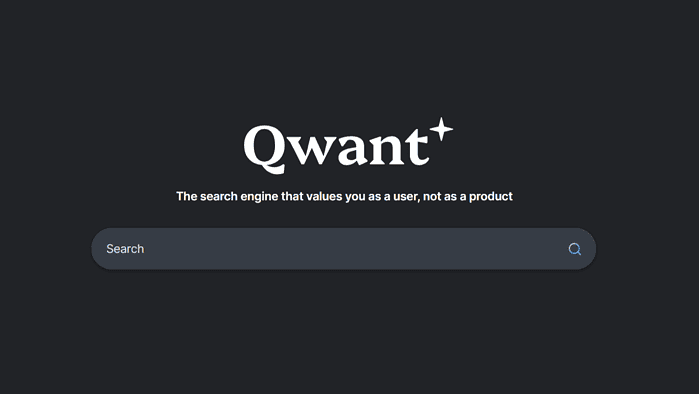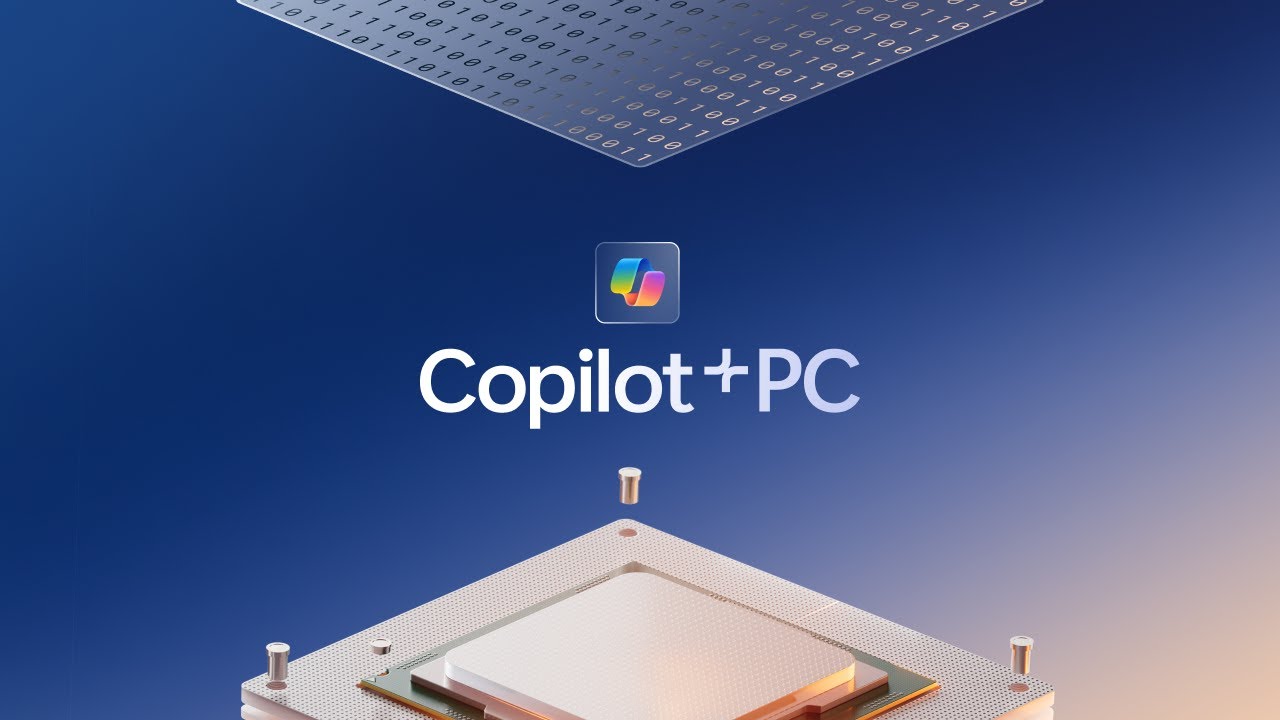No more Google reliance, says EU, so it's building its own European search index
No more reliance on Google and Bing
2 min. read
Published on
Read our disclosure page to find out how can you help MSPoweruser sustain the editorial team Read more
Key notes
- Ecosia and Qwant are creating a European search index called EUSP to reduce dependence on US tech.
- Launching in 2025, EUSP will focus on privacy and support German and French-language searches.
- The index will be available to other European firms and aims to foster tech independence in the EU.

Ecosia and Qwant, two European search engines based in Germany and France respectively, have teamed up to reduce the EU’s reliance on Google and other US tech firms.
The joint venture, the European Search Perspective (EUSP), molds a European search index focused on privacy and digital sovereignty. It’s launching in 2025 and will prioritize French and German-language search results using updated Qwant tech.
The goal is to slowly end Europe’s reliance on Big Tech, specifically Google Search and Microsoft Bing, while cutting API costs & maintaining a privacy-first approach without personalizing search results. Then, EUP’s search offerings will eventually be available to other European firms through a licensed API.
Per the press release, the company mentions, “Unlike proprietary solutions, EUSP’s index will be available to other independent search engines and technology companies.”
Headquartered in Paris, EUSP is co-owned by both companies and will be able to raise external capital, departing from Ecosia’s steward-owned model. The two companies have previously relied on Bing, with Ecosia, “the search engine that plants trees,” switching to a mix of Google and Bing last year.
“It is also an important step as regulators, courts and parliaments across EU and US have underlined the importance of diversity and are in the process of opening up entrepreneurial opportunities,” the company says further.
Although EUSP is not intended to directly compete with Google, it seeks to provide an alternative framework for search services and AI, especially in light of regulatory frameworks like the Digital Markets Act (DMA), which mandates that companies such as Google and Microsoft open their datasets.
“If the US government decided that they would not want to provide search results to Europeans anymore, we in Europe would have to go back to phone books,” Ecosia CEO Christian Kroll says.








User forum
0 messages